GWM ORA 03 vs Volvo EX30 – Performance, range & efficiency compared
Both models have their strengths – but which one suits you more?
Compare performance, efficiency, price and space directly: GWM ORA 03 or Volvo EX30?
Costs and Efficiency:
Looking at overall running costs, both models reveal some interesting differences in everyday economy.
Volvo EX30 has a barely noticeable advantage in terms of price – it starts at 33000 £, while the GWM ORA 03 costs 33400 £. That’s a price difference of around 429 £.
In terms of energy consumption, the advantage goes to the GWM ORA 03: with 16.50 kWh per 100 km, it’s slight more efficient than the Volvo EX30 with 17 kWh. That’s a difference of about 0.50 kWh.
As for range, the Volvo EX30 performs to a small extent better – achieving up to 476 km, about 56 km more than the GWM ORA 03.
Engine and Performance:
Power, torque and acceleration say a lot about how a car feels on the road. This is where you see which model delivers more driving dynamics.
When it comes to engine power, the Volvo EX30 has a significantly edge – offering 428 HP compared to 171 HP. That’s roughly 257 HP more horsepower.
In acceleration from 0 to 100 km/h, the Volvo EX30 is decisively quicker – completing the sprint in 3.60 s, while the GWM ORA 03 takes 8.20 s. That’s about 4.60 s faster.
In terms of top speed, the Volvo EX30 performs to a small extent better – reaching 180 km/h, while the GWM ORA 03 tops out at 160 km/h. The difference is around 20 km/h.
There’s also a difference in torque: Volvo EX30 pulls clearly stronger with 543 Nm compared to 250 Nm. That’s about 293 Nm difference.
Space and Everyday Use:
Whether family car or daily driver – which one offers more room, flexibility and comfort?
Both vehicles offer seating for 5 people.
In curb weight, GWM ORA 03 is slightly lighter – 1615 kg compared to 1840 kg. The difference is around 225 kg.
In terms of boot space, the Volvo EX30 offers distinct more room – 318 L compared to 228 L. That’s a difference of about 90 L.
In maximum load capacity, the Volvo EX30 performs slightly better – up to 1000 L, which is about 142 L more than the GWM ORA 03.
When it comes to payload, Volvo EX30 slight takes the win – 390 kg compared to 355 kg. That’s a difference of about 35 kg.
Who comes out on top?
Overall, the Volvo EX30 shows itself to be outperforms in nearly all aspects and secures the title of DriveDuel Champion.
It convinces with the more balanced overall package and proves to be the more versatile choice for everyday use.
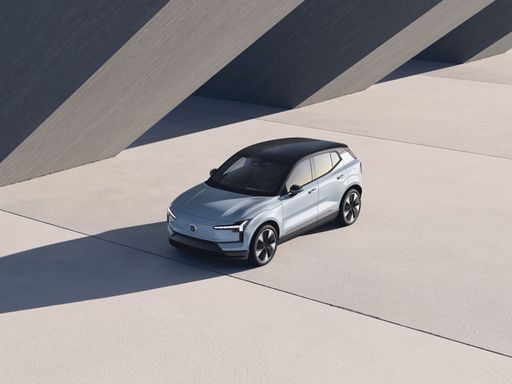
Volvo EX30
GWM ORA 03
The GWM ORA 03 presents an intriguing fusion of retro design elements and modern technology, making it a standout in the current automotive landscape. Its distinctive aesthetic is matched by a surprisingly spacious interior, offering comfort and advanced infotainment features for a seamless driving experience. With a focus on sustainable mobility, this vehicle delivers impressive performance without compromising on efficiency, appealing to both environmentally conscious drivers and technology enthusiasts alike.
detailsVolvo EX30
The Volvo EX30 represents a bold step forward for the brand, combining advanced technology with sustainable design principles. Its sleek and compact exterior belies a spacious interior that offers a premium driving experience. With a focus on safety and innovation, this model reflects Volvo's commitment to shaping the future of urban mobility.
details @ Volvo
@ Volvo
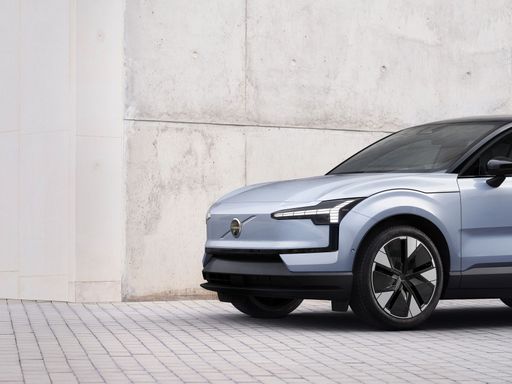 @ Volvo
@ Volvo
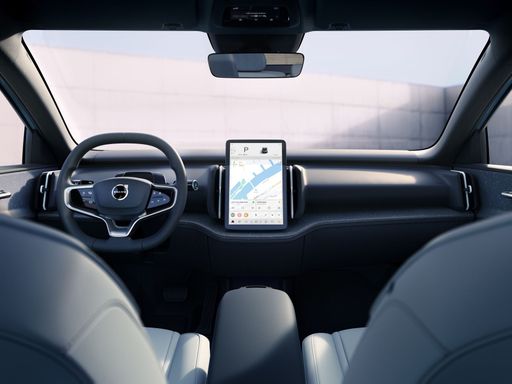 @ Volvo
@ Volvo
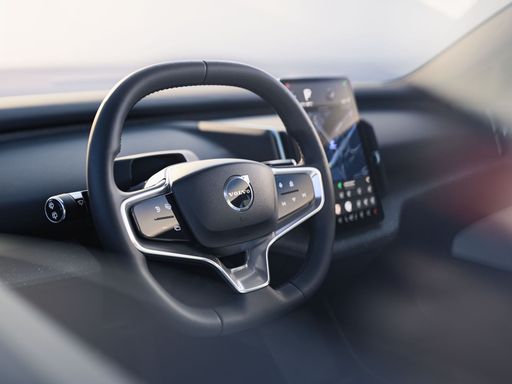 @ Volvo
@ Volvo
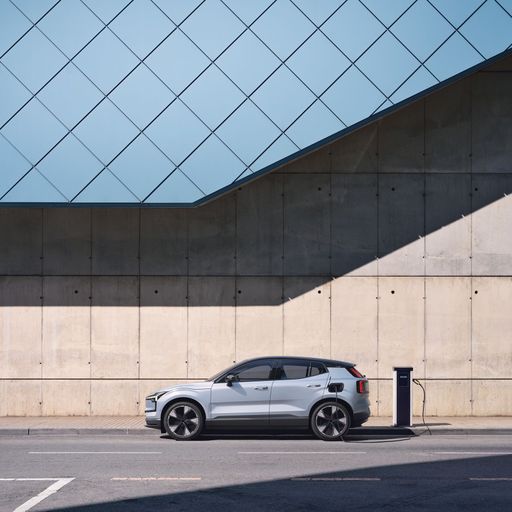 @ Volvo
@ Volvo

|
|
|
|
|
Costs and Consumption |
|
|---|---|
|
Price
33400 - 42400 £
|
Price
33000 - 49100 £
|
|
Consumption L/100km
-
|
Consumption L/100km
-
|
|
Consumption kWh/100km
16.5 - 16.8 kWh
|
Consumption kWh/100km
17 - 18.7 kWh
|
|
Electric Range
310 - 420 km
|
Electric Range
339 - 476 km
|
|
Battery Capacity
45.4 - 59.3 kWh
|
Battery Capacity
49 - 65 kWh
|
|
co2
0 g/km
|
co2
0 g/km
|
|
Fuel tank capacity
-
|
Fuel tank capacity
-
|
Dimensions and Body |
|
|---|---|
|
Body Type
Hatchback
|
Body Type
SUV
|
|
Seats
5
|
Seats
5
|
|
Doors
5
|
Doors
5
|
|
Curb weight
1615 - 1655 kg
|
Curb weight
1840 - 1960 kg
|
|
Trunk capacity
228 L
|
Trunk capacity
318 L
|
|
Length
4235 - 4254 mm
|
Length
4233 mm
|
|
Width
1825 - 1848 mm
|
Width
1838 mm
|
|
Height
1603 mm
|
Height
1550 - 1567 mm
|
|
Max trunk capacity
858 L
|
Max trunk capacity
1000 L
|
|
Payload
315 - 355 kg
|
Payload
370 - 390 kg
|
Engine and Performance |
|
|---|---|
|
Engine Type
Electric
|
Engine Type
Electric
|
|
Transmission
Automatic
|
Transmission
Automatic
|
|
Transmission Detail
Reduction Gearbox
|
Transmission Detail
Reduction Gearbox
|
|
Drive Type
Front-Wheel Drive
|
Drive Type
Rear-Wheel Drive, All-Wheel Drive
|
|
Power HP
171 HP
|
Power HP
272 - 428 HP
|
|
Acceleration 0-100km/h
8.2 - 8.3 s
|
Acceleration 0-100km/h
3.6 - 5.7 s
|
|
Max Speed
160 km/h
|
Max Speed
180 km/h
|
|
Torque
250 Nm
|
Torque
343 - 543 Nm
|
|
Number of Cylinders
-
|
Number of Cylinders
-
|
|
Power kW
126 kW
|
Power kW
200 - 315 kW
|
|
Engine capacity
-
|
Engine capacity
-
|
General |
|
|---|---|
|
Model Year
2024
|
Model Year
2024 - 2025
|
|
CO2 Efficiency Class
A
|
CO2 Efficiency Class
A
|
|
Brand
GWM
|
Brand
Volvo
|
What drivetrain options does the GWM ORA 03 have?
Available configurations include Front-Wheel Drive.
The prices and data displayed are estimates based on German list prices and may vary by country. This information is not legally binding.
